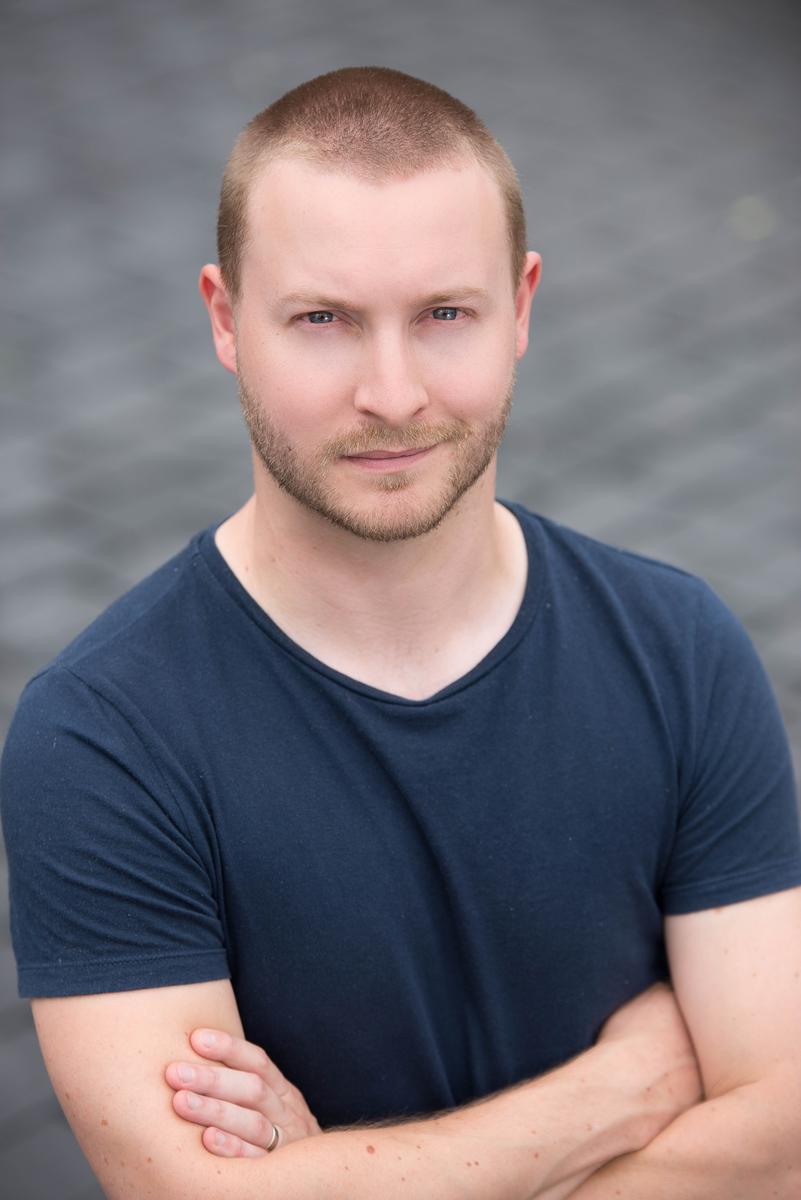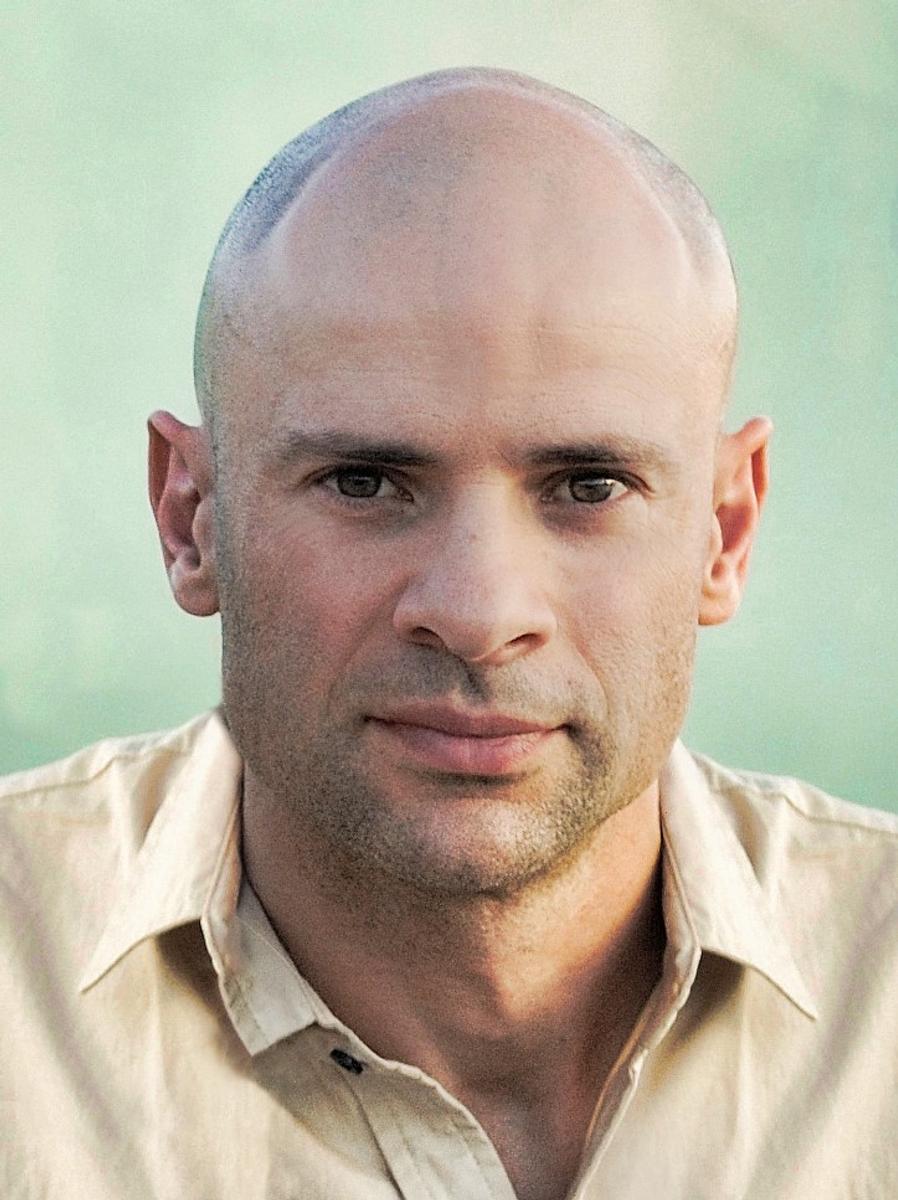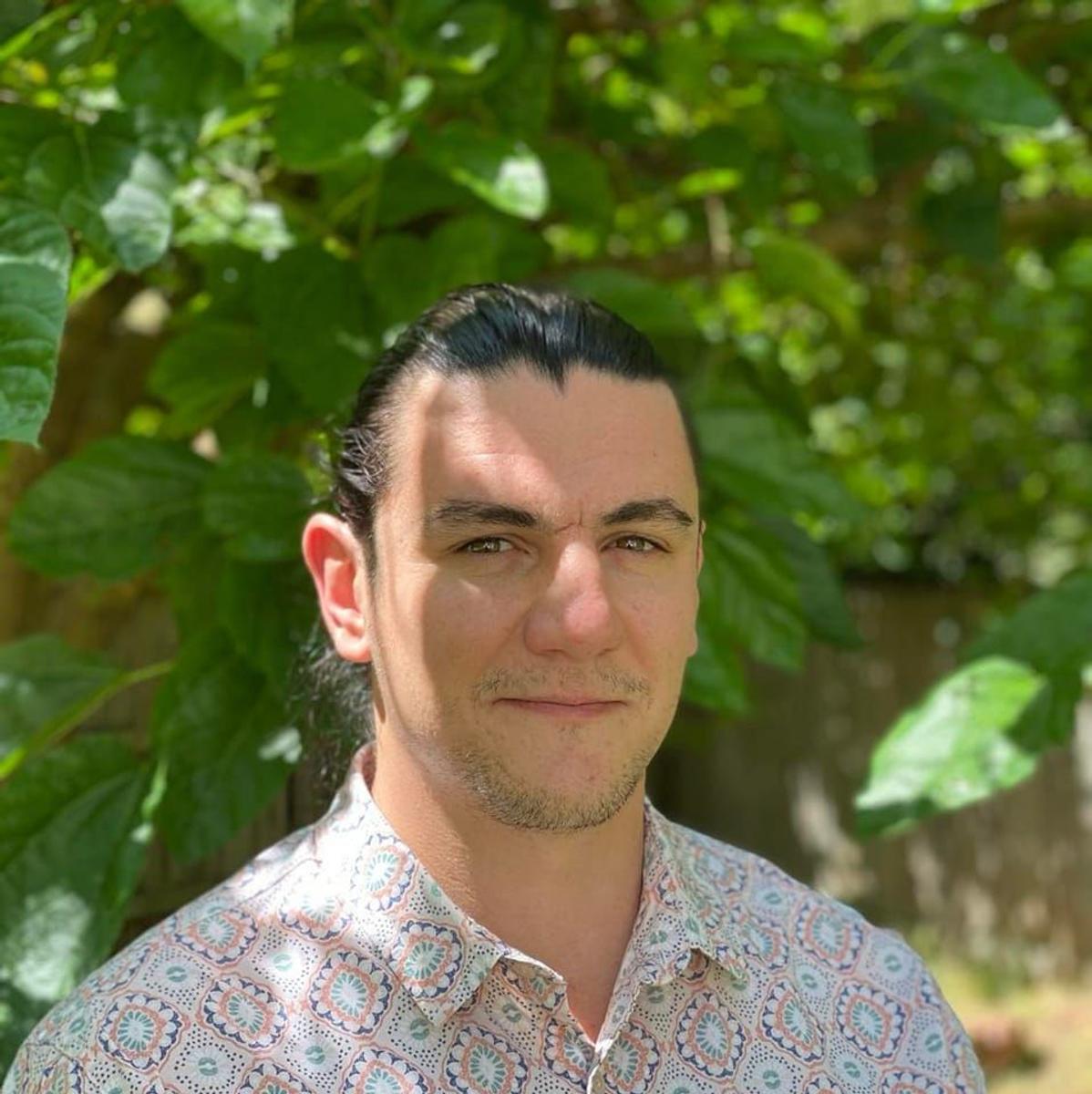Instrumental Music

Our instrumental program has hit the ground running!!! We have more than 150 students from Year 1 to Year 6 learning an instrument this year. The chance to learn an instrument is a gift that will support your child's development in so many enriching ways:
The many benefits of music include:
- Music boosts brain function. Because music stimulates the parts of the brain that are related to reading, maths and development, studies have found the link between music and higher academic achievement.
- Music improves memory. Stimulating different patterns in the brain, music helps kids remember more and learn more.
- Improves confidence. Developing a skill in which they get better and better is a wonderful confidence builder.
- Develops fine motor skills. Mastering the keys on a piano or the strings on a violin all involve fine motor skills.
- Gives a sense of achievement. Mastering a musical instrument is incredibly satisfying, leading to a sense of self-achievement that can help accomplish more in other challenges in life.
- Teaches patience. In a world of instant gratification, learning an instrument can teach kids that real life requires a lot of patience.
- Teamwork. Joining an orchestra or group, teaches children to work together as a team to make great music.
- Improves social skills. Becoming involved in an ensemble or group helps children to gain social skills and relate to others, as well as leadership skills and widening your social circle.
- Builds discipline. If they want to play well, they learn that it takes discipline and persistence. The same focus and discipline needed to play sport is needed to play an instrument.
- Enhances spatial awareness. Music enables children to form mental images of the world, which can assist in maths, science and has numerous everyday applications.
- Teaches rhythm. Not just for confidence at the school disco, rhythm helps to identify patterns, and assists in reading and writing.
- Fosters creativity. In today's busy world it is very easy to lose touch with our creative side. Playing a musical instrument uses your mental, emotional and cognitive abilities, stimulating the brain to think out of the ordinary and boosting creativity.
- Music relieves stress. Just as listening to music can make us feel more relaxed, studies have shown that playing an instrument can reduce heart rate and blood pressure, lowering cortisol and reducing stress, something they will be able to use as they get older.
- It's fun! Enjoying and playing music can be one of the most fun and rewarding things you can do.
- It is a skill that stay with them for life. You are never too old (or young) to play an instrument, or to enjoy music. This is a skill and appreciation that they will always have.
Thank you for giving the gift of music to your children and supporting our program
Meet the teachers
Dr Ian Nisbet is one of Australia's leading Broadway musical theatre vocal coaches, the director of Ian Nisbet Talent Management, and a qualified Vocal Health First Aider. His award-winning students can be heard in professional and amateur productions across the country and around the world and have been accepted into all of Australia's top training institutions. He holds a PhD in musical theatre; a bachelor's degree in drama; an AMusA in flute performance; and a Graduate Certificate in Higher Education, and sang countertenor in the internationally-acclaimed a cappella group Suade from 2003-2011.
I’m Julian Sammut, one of the piano teachers at GRPS.
I have two children, Jack and Layla, attending GRPS.
From age 10, I began learning the pipe organ then moved to playing piano and synths in my late teens before studying Jazz and Classical piano at the Box Hill College of Music.
I am a founding member of the two times CMAA ‘Golden Guitar Award’ winning band ‘Jetty Road’ who has released six studio albums and toured extensively throughout Australia, Europe and Canada.
Harrison is an experienced drum teacher with a degree in Music Performance. He enjoys working with young people and finding creative ways to ensure learning is fun, engaging and accessible for each individual student. Outside of sharing his passion for drums with students, Harrison plays in local bands and stays connected with the Melbourne music scene by playing at shows and for community events. He is formally trained in marching and jazz styles, and has drawn from his personal and professional training to inform his teaching method. Harrison hopes to instil a love of learning and playing percussion to everyone he has the pleasure to work with.
Samuel is an enthusiastic and passionate violin and viola teacher with many years of performing and teaching experience. He is a recent Bachelor of Music (Honours) graduate from the Melbourne Conservatorium of Music, and studied whilst being supported by the Corinna D’Hage Mayer String Scholarship. During his time there he took part in many performance opportunities and ensembles, including the University of Melbourne String Ensemble, the University of Melbourne Symphony Orchestra, as well as various other chamber groups. He has been invited as a guest musician with groups such as the Australian National Academy of Music Orchestra, Melbourne String Ensemble, and the Royal Melbourne Philharmonic. Samuel has a great amount of teaching experience in both group and individual settings and is currently teaching privately and at a few schools. Being a lifelong learner himself, he very much enjoys teaching and being a part of a student's process of learning. He believes that every student has the potential to do well, and it is his responsibility to find the right environment and encouragement in order to allow them to achieve their best and have fun along the way!




